Uganda’s infant mortality rate is alarmingly high, ranking twenty-first in the world for highest infant mortality; eighty-one babies die within their first month of life each day in Uganda. The UN reports the greatest risk factors are rural location, prematurity, and young impoverished mothers with limited educational opportunities. Thus, young women are giving birth to children before they even learn about how to take care of their newborn infant. Our solution to this problem is in the form of a mobile application called OmwanaThrive: Neonatal Survival App. The purpose of the app is to educate women about how to properly care for their children and improve health outcomes in neonates. This mobile app will include educational lessons with culturally relevant graphics and limited text, maps to affordable clinics, and an Admin Portal to recommend messages to new mothers. Our platform focuses on rural mothers with low literacy rates, broadening their community of care, social capital, and access to healthcare. Our ultimate goal is to make health education accessible to Uganda women and decrease neonatal mortality.
The infant mortality rate is about 49 deaths out of every 1,000 live births, which puts Uganda at rank 21 on a list of infant mortality. Readily-accessible information about how to properly take care of infants is scarce, and the average age of a Ugandan woman to bear her first child is 18.9 years. In addition, according to the World Health Organization, 94 percent of all maternal deaths around the world occur in developing nations. Compared to that, most First World countries do not appear until past rank 100. Major factors that contribute to this issue include the lack of access to contraceptives, and women having a lower role in society. This ultimately leads to rural Ugandan mothers not receiving the necessary education on how to take care of their newborn infants, especially given that there is only 1 physician per 11,000 people.
Our solution to this problem is a mobile application that provides rural Ugandan mothers with the information they need to properly care for their children. In order to address the low literacy and low education levels, the information will be in the form of storytelling. Our app will also provide information on preventative measures for common diseases and simple solutions for minor ailments. Additionally, there will be recommended messages to remind mothers when they should schedule a doctor’s appointment and when to get certain vaccines. While there are existing solutions that provide infant health information for new mothers, these solutions are often geared toward mothers in developed nations where the average user has a much higher level of education. Thus, these resources are not only difficult for mothers in developing nations to understand, but also fail to teach the very basics of infant care.
Currently, any information or education regarding infant health is spread to new mothers in Uganda through word of mouth, either by other experienced parents or through limited interactions with doctors and nurses. In the United States, in comparison, mothers and their newborns are sent home from the hospital with informational booklets that they can refer to as the baby goes through early developmental stages. This provides mothers with enough information and education to guide them through common illnesses and evaluate if their baby needs medical attention from a doctor. Our application would function similarly, with additional considerations and accommodations specific to mothers in Uganda, such as literacy rates, language barriers, and cultural differences. Lastly, the key stakeholders for our app include the hospital clinicians who will interact with and use the app firsthand, as well as the new mothers who will be guided through the app by clinicians. In addition, Rose Academies, the non-profit supporting the app development, will also be a major stakeholder.
For this application, the main technology used was React Native, an open-source mobile framework that is functional across iOS and Android platforms. Additionally, it is adaptable across different sizes of devices, whether they are mobile devices or tablets. This worked for us since the main devices we were working to build the app on were Android tablets. To store the mother and child information locally, our team used React Native’s built-in feature, AsyncStorage, an unencrypted, asynchronous, persistent, key-value storage system that is global to the app. To protect this sensitive data, it is password protected, so only admins will have access to this data. For source control, GitHub was used to store and share files among team members.
For this app, using React Native’s AsyncStorage, all of the data about mothers and the messages to send them are stored locally on the device. This design decision was made to account for the lack of WiFi in the areas for our client users in rural Uganda. Therefore, the front-end components and back-end database are stored within the tablet itself. We recognized that there is a high probability that one of these tablets could get lost or broken. Therefore, we needed to come up with an alternative to a cloud-based backup system to restore data that may be lost. Our solution was to create an email backup system. To implement this, all of the data concerning the mothers and their children was written to a file in JSON format. Next, the file was sent to the email account that the Admin used to log in to the Admin Portal. This allows the Admin to store the file locally by downloading the file onto their restored or new device. Next, they upload that file into the OmwanaThrive app to restore the database.
In the future, this app can be improved in various ways. Due to our team’s inability to travel to Uganda for black box testing, we would like to see this come to fruition for the OmwanaThrive app in the future. Next, we would like the backup process of the database being sent to the admin’s email to be automated. Additionally, we could add an assistive voice to address lower literacy rates in rural Uganda. Lastly, we could enable multiple languages within the app, so that the app can be used to assist mothers in other regions in the future. There are also many ways to improve app security. For example, we could encrypt the file of mother data sent in email backup. Additionally, we could improve sign-in by verifying the user’s email. The passwords could also be more secure. Currently, passwords must be at least six characters long and they must contain at least one character. To make the password requirements more secure, we could require at least one capital letter, extend the length of the total characters in the password, and add a special character.
Throughout the course of this project, we took away some valuable lessons through overcoming obstacles. First, we learned that we must be adaptable to all types of changes. Due to COVID-19, we were unable to travel to Uganda to execute our black box testing plan. As a result, we had to not only change some of our plans for the app but also change the way that we communicated with all of the team members while working on the project remotely. We also were able to develop skills in React Native and Git, which for the former, none of us had used before this project. We became more familiar with Git commands while working with it for the project as well. These were valuable experiences that we learned through both making and fixing mistakes along the way. Lastly, we learned more about how to collaborate on a software engineering team project by combining skills, research, and knowledge. Not only did we have the experience of working with fellow software engineers, but we also learned how to work with interdisciplinary fields of public health, biology, and art. Shifting our entire team’s communication to online/remote was also a new endeavor, but we were able to find ways to adapt.
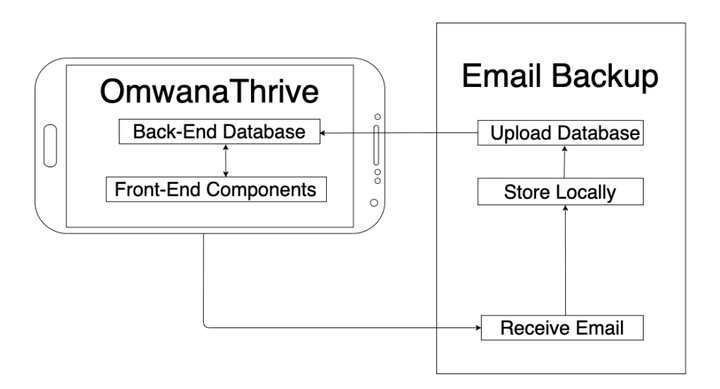

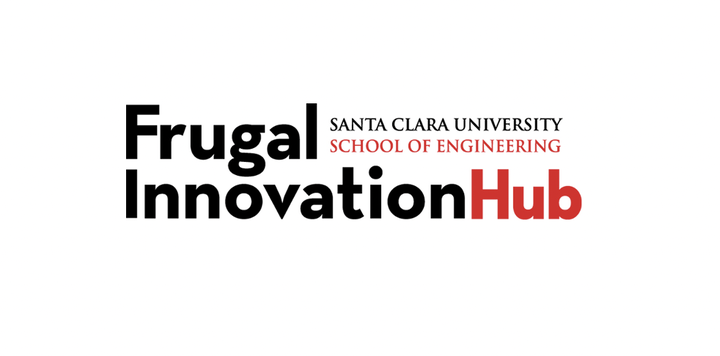

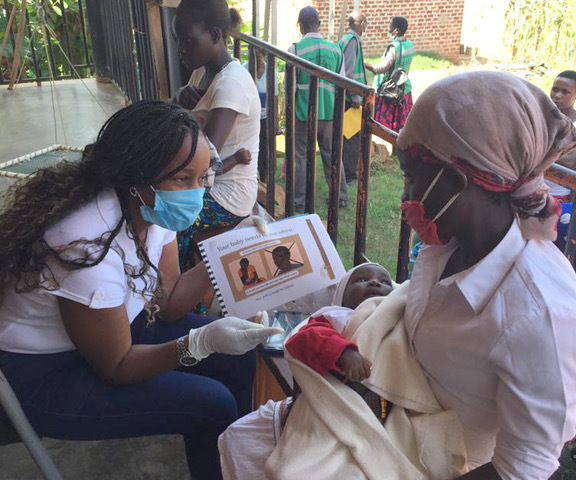
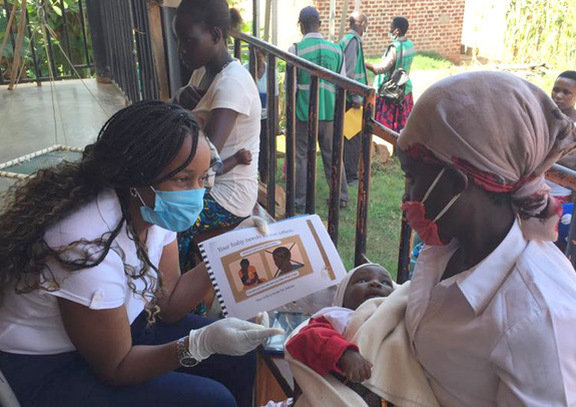

















 Loading ...
Loading ...